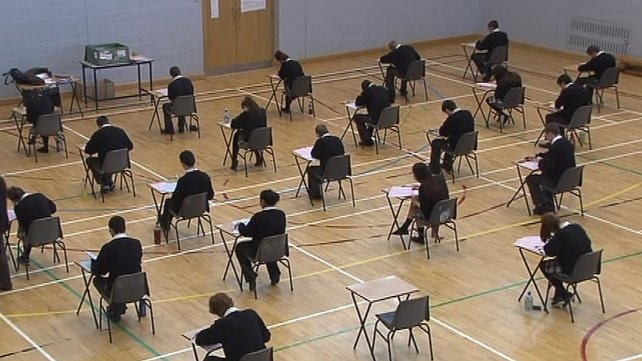Quality and Qualifications Ireland’s (QQI) new network established to detect and punish academic cheating met for the first time yesterday, warning of the dangers of “essay mills” which produce written-to-order assignments for paying students.
The network is made up of representatives of all public and private third-level colleges in Ireland along with student representatives. Their first meeting was on Thursday, where they discussed new legislation which legally prevents these ‘essay mills’ from advertising their services.
Moving forward, QQI plan to launch communication campaigns to inform people of the new legislation. They are also collaborating with international agencies to formulate a solution to academic cheating.
This comes after The Qualifications and Quality Assurance (Education and Training) (Amendment) Bill 2018 was passed by both Houses of the Oireachtas this summer. A provision in this Bill allows QQI to address the issue of academic cheating.
The National Academic Integrity Network will aim to define what constitutes academic cheating. They also plan to distinguish good practice methods when universities are dealing with cheating and establish systems for reporting and punishing those that engage in it.
According to data collected by The Irish Times, over 1,000 students since 2010 have been disciplined for plagiarism. Trinity has disciplined 40 students for plagiarism between the academic years of 2010/11 and 2017/18.
International research has found that there has been a severe increase in written-to-order essays and dissertations, finding one in 7 graduates admitting to using essay mills.
Increased use of these services may be a symptom of the students no longer cheating through “cut and paste” methods as services like Turnitin have plagiarism detectors. These identify unoriginal content by highlighting similarities from their collection of internet, academic, and student paper content.
Another possible reason for the hike in academic cheating is that with the increased exposure students have to the internet; the more susceptible they are to these service’s promotion. This makes cheating easy and accessible. In Ireland, there are approximately five or six primary providers that offer written-to-order essays.
One company with global reach is EduBirdie, who call themselves, “The professional essay writing service for students who can’t even.” In 2018, over 250 YouTube channels were found to be promoting this company. Some of these social media influencers have millions of subscribers of all ages.
This practice led YouTube to pull advertisements for these essay writing services in May 2018. They deemed that these companies breached their Academic Aid policy which prevents advertisements for customised or prewritten dissertations which many critics label as cheating and plagiarism.
This did not prevent these companies from promoting themselves as they moved to other social media sites. In February of this year, YouTuber Tana Mongeau promoted EduBirdie on Twitter writing, “Guys, if writing in school is difficult for you, you need to make sure to check out Edubirdie! It’s so helpful and easy to use.”
Professor Michael Draper of Swansea University warned at the National Academic Integrity Network meeting that students have reported being blackmailed by essay writing services. They threatened to expose the student’s cheating if they did not provide them with more money.






